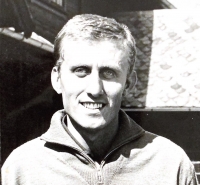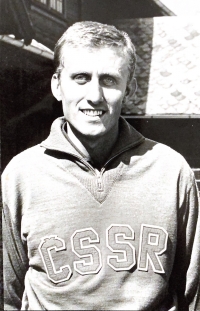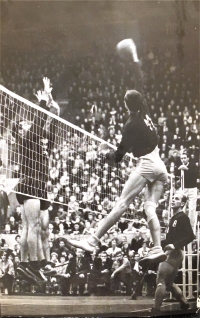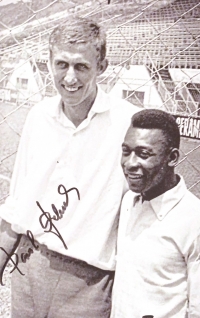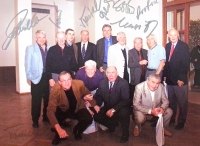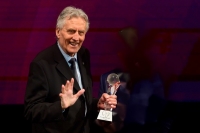There is no place for relief when you want to achieve something

Stáhnout obrázek
Pavel Schenk was born on June 27, 1941 in the South Moravian village - Borotín, but from the age of six he lived in Brno, where his father František Schenk had a sculpture studio. Pavel‘s volleyball career started after coach Karel Láznička noticed him on the field. Already at the age of 19, he won the first of his six Czechoslovak championship titles. Between 1962 and 1972, he played about 400 matches in the Czechoslovak national team. He became the world champion in Prague, he also collected medals at the Olympic Games in Tokyo and Mexico. This Olympics took place after the Warsaw Pact invasion of Czechoslovakia, so Czechoslovak athletes were under great pressure in the match against the Soviets. After the end of the national team, the regime did not allow him to join the Brussels club, so he accepted the offer from Bratislava. As a coach, he led his charges to other medals. He stopped coaching young people only a few years ago, he lives in Dúbravka, Bratislava.
